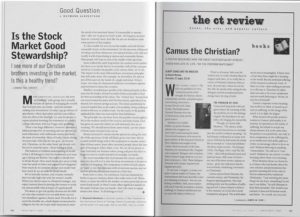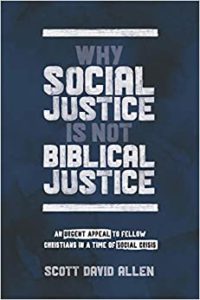
I. Augustine: Putting Pagan* Learning to Right Use
CHAP. 40. Whatever has been rightly said by the heathen, we must appropriate to our uses
60. Moreover, if those who are called philosophers, and especially the Platonists, have said aught that is true and in harmony with our faith, we are not only not to shrink from it, but to claim it for our own use from those who have unlawful possession of it. For, as the Egyptians had not only the idols and heavy burdens which the people of Israel hated and fled from, but also vessels and ornaments of gold and silver, and garments, which the same people when going out of Egypt appropriated to themselves, designing them for a better use, not doing this on their own authority, but by the command of God, the Egyptians themselves, in their ignorance, providing them with things which they themselves were not making a good use of [Exod. 3:21, 22; 12:35, 36]; in the same way all branches of heathen learning have not only false and superstitious fancies and heavy burdens of unnecessary toil, which every one of us, when going out under the leadership of Christ from the fellowship of the heathen, ought to abhor and avoid; but they contain also liberal instruction which is better adapted to the use of the truth, and some most excellent precepts of morality; and some truths in regard even to the worship of the One God are found among them. Continue reading “Christian Annexation and Transformation of Pagan Learning: From Augustine and Boethius to John Calvin”








